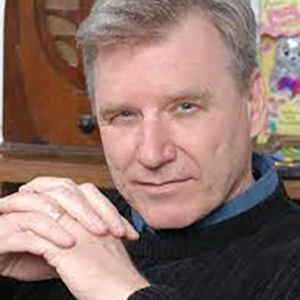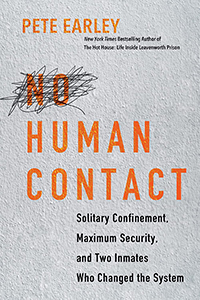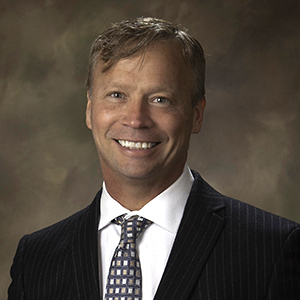Interview with Pete Earley


Pete Earley
author of "No Human Contact: Solitary Confinement, Maximum Security, and Two Inmates Who Changed the System"

Michael Carter
Co-Host
Pete Earley, author of "No Human Contact: Solitary Confinement, Maximum Security, and Two Inmates Who Changed the System"
Pete Earley's Website
Pete Earley is a storyteller who has penned 21 books including four New York Times bestsellers, including The Hot House and the 2007 Pulitzer Prize finalist Crazy: A Father’s Search Through America’s Mental Health Madness.
After a 14-year career in journalism, including six years at The Washington Post, Pete became a full-time author with a commitment to expose the stories that entertain and surprise. He later began writing novels for fun.
His honest nonfiction reporting and compelling writing helped him garner success as one of few authors with “the power to introduce new ideas and give them currency,” according to Washingtonian magazine.
When Pete’s life was turned upside down by the events recounted in his book Crazy, he joined the National Alliance on Mental Illness to advocate for strong mental health reform on the public stage.
He currently serves as the parent member of the Interdepartmental Serious Mental Illness Committee (ISMICC) created by Congress to advise it on federal mental health policy. He was invited by President Obama to speak at a White House summit about his son’s illness and recovery.
A former Washington Post reporter, Earley has appeared five times before the U.S. Congress to testify about the need for mental health reform, has spoken in 49 states and addressed legislators in four foreign countries. He serves on the board of the Corporation for Supportive Housing, which finances projects to eliminate homelessness. He writes regularly for USA TODAY and the Washington Post about mental health issues and also posts a weekly blog at www.peteearley.com that often is cited by the media.
The Book: "No Human Contact: Solitary Confinement, Maximum Security, and Two Inmates Who Changed the System"
ISBN: 0806541881
Get the bookTold through the lens of two murders that changed modern-day prison corrections in America, award-winning New York Times bestselling author and Pulitzer Prize finalist Pete Earley delivers an eye-opening exploration of reprehensible crime, draconian punishment, and seemingly impossible reform in the tombs of the country’s most isolated super max prison.
In 1983, Thomas Silverstein and Clayton Fountain, both serving life sentences at the U.S, Prison in Marion, Illinois, separately murdered two correction officers on the same day. The Bureau of Prisons condemned both men to the severest punishment that could legally be imposed, one created specifically for them. It was unofficially called “no human contact.”
Each initially spent nine months in a mattress-sized cell where the lights burned twenty-four hours a day. They were clothed only in boxer shorts, completely sealed off from the outside world with only their minds to occupy their time. Eventually granted minimal privileges, Fountain turned to religion and endured twenty-one-years before dying alone of natural causes. Silverstein became a skilled artist and lasted thirty-six years, longer than any other American prisoner held in isolation. Amazingly, both men found purpose to their existence while confined in the belly of the beast.
Pete Earley—the only journalist to be granted face-to-face access with Silverstein—examines profound questions at the heart of our justice system. Were Silverstein and Fountain born bad? Or were they twisted by abusive childhoods? Did incarceration offer them a chance of rehabilitation—or force them to commit increasingly heinous crimes?
No Human Contact elicits a uniquely deep and uncomfortable understanding of the crimes committed, the use of solitary confinement, and the reality of life, redemption, and death behind prison walls.